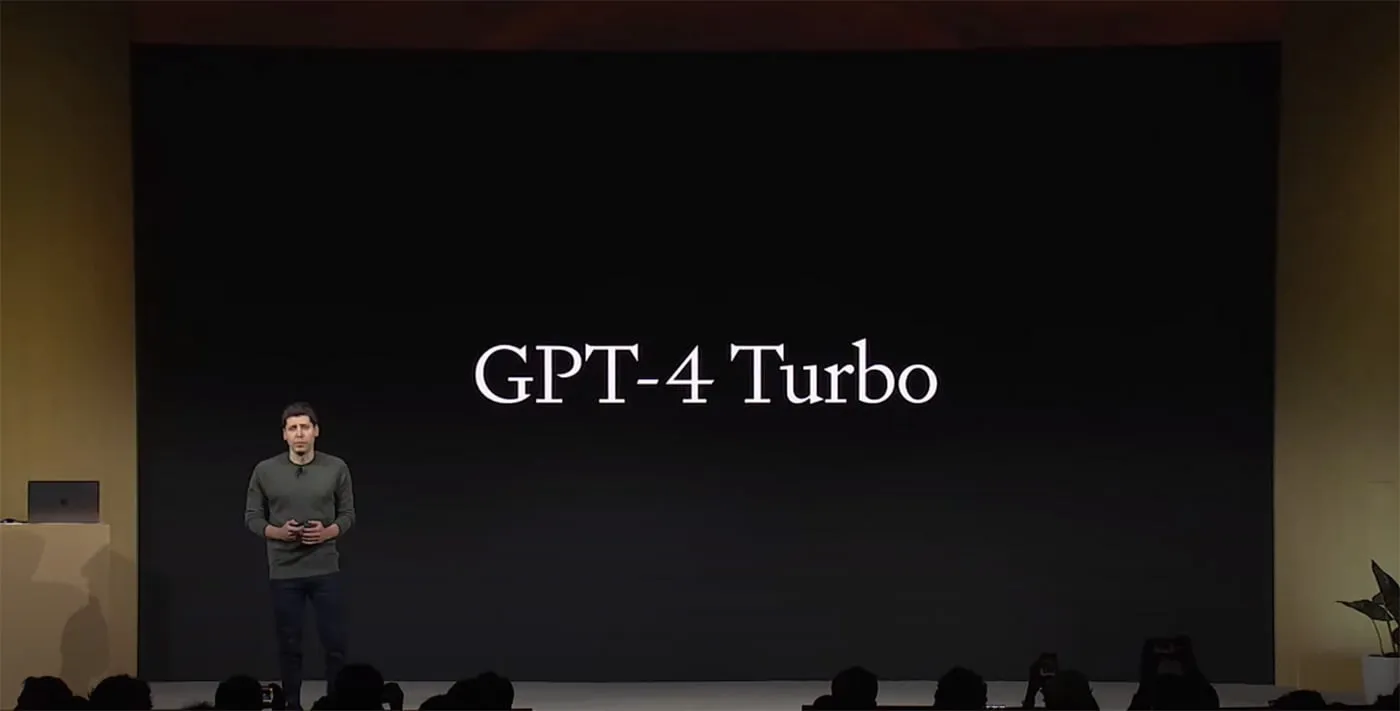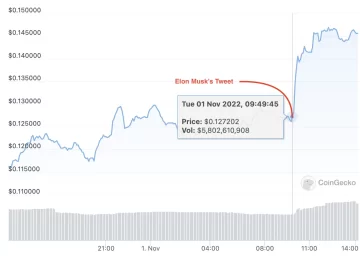

ChatGPT custom made for you
Stay on top of crypto news, get daily updates in your inbox.
- SEO Powered Content & PR Distribution. Get Amplified Today.
- PlatoData.Network Vertical Generative Ai. Empower Yourself. Access Here.
- PlatoAiStream. Web3 Intelligence. Knowledge Amplified. Access Here.
- PlatoESG. Carbon, CleanTech, Energy, Environment, Solar, Waste Management. Access Here.
- PlatoHealth. Biotech and Clinical Trials Intelligence. Access Here.
- Source: https://decrypt.co/204515/openai-unleashes-gpt-4-turbo-expands-chatbot-customizability
- :has
- :is
- $UP
- 000
- 01
- 1
- 16
- 32
- a
- Absolute
- According
- accuracy
- accurate
- Achieve
- AI
- AI models
- already
- also
- among
- an
- and
- Announcement
- Another
- anticipate
- applications
- AS
- At
- available
- BE
- because
- becomes
- been
- behavior
- behaviors
- Better
- between
- Block
- boasts
- bridges
- Building
- but
- by
- CAN
- capabilities
- capability
- careful
- centered
- chatbot
- company
- Conference
- consistently
- content
- content-creation
- context
- cost-effective
- creation
- crypto
- Crypto News
- custom
- customer
- Customer Support
- customization
- customized
- daily
- Dark
- data
- Decrypt
- describing
- Developer
- Diffusion
- Doctor
- does
- don
- efficient
- effort
- elevates
- emphasis
- enhanced
- enhancing
- entirely
- equal
- essence
- Ether (ETH)
- example
- examples
- expands
- extensive
- external
- faster
- feeding
- First
- fit
- Flexibility
- For
- Francisco
- from
- function
- gap
- generation
- generators
- get
- good
- Google’s
- Growing
- guide
- Have
- Held
- higher
- HTTPS
- image
- images
- Impacts
- improves
- in
- Inaugural
- information
- Innovation
- integral
- interactions
- into
- introduced
- introducing
- investment
- involves
- IT
- ITS
- large
- launch
- Leap
- LEARN
- learned
- learning
- letting
- like
- Limited
- Lives
- Llama
- Low
- made
- Mainstream
- make
- many
- mark
- measure
- medical
- Meet
- model
- models
- Modifications
- more
- Need
- needs
- New
- news
- niche
- no
- Notes
- November
- number
- of
- official
- on
- ONE
- open source
- OpenAI
- opens
- optimized
- or
- original
- our
- per
- performance
- Personalized
- plato
- Plato Data Intelligence
- PlatoData
- potent
- potential
- power
- Prices
- pricing
- processes
- processing
- produce
- professional
- promises
- provide
- quality
- relative
- request
- Requirements
- requires
- responses
- responsive
- Results
- s
- Sam
- San
- San Francisco
- Savings
- scene
- seeking
- seen
- shift
- significant
- So
- Solutions
- spanning
- speak
- special
- specialized
- specific
- stable
- support
- T
- tailored
- tasks
- Technology
- text
- text generation
- than
- that
- The
- the world
- Them
- There.
- they
- Third
- this
- those
- time
- to
- today
- token
- Tokens
- TONE
- tools
- top
- Training
- transforming
- two
- unleashes
- Update
- Updates
- usability
- User
- users
- value
- versions
- via
- Voice
- was
- wide
- will
- with
- without
- world
- you
- Your
- zephyrnet
More from Decrypt
Bitcoin Up 6% Amid Fastest Rise in Consumer Prices Since Financial Crisis
Source Node: 913027
Time Stamp: Jun 10, 2021
TIME Magazine and Cool Cats to Give Away NFTs for Great Memes
Source Node: 1012521
Time Stamp: Aug 13, 2021
Civic Adds Verification Platform to Battle Bots and Scams
Source Node: 1601250
Time Stamp: Jul 30, 2022
Why Two DePIN Projects Are Dominating the Top 100 With Double-Digit Gains – Decrypt
Source Node: 2555294
Time Stamp: Apr 23, 2024
‘Attack on Bitcoin’ Claims Circulate as Transaction Fees Climb Higher
Source Node: 2085953
Time Stamp: May 7, 2023
Build Your Own ChatGPT with New Fine-Tuning Feature From OpenAI – Decrypt
Source Node: 2228779
Time Stamp: Aug 22, 2023
Symbiosis Finance Makes Multi-Chain Swaps a One-Click Experience
Source Node: 1607604
Time Stamp: Feb 11, 2022










